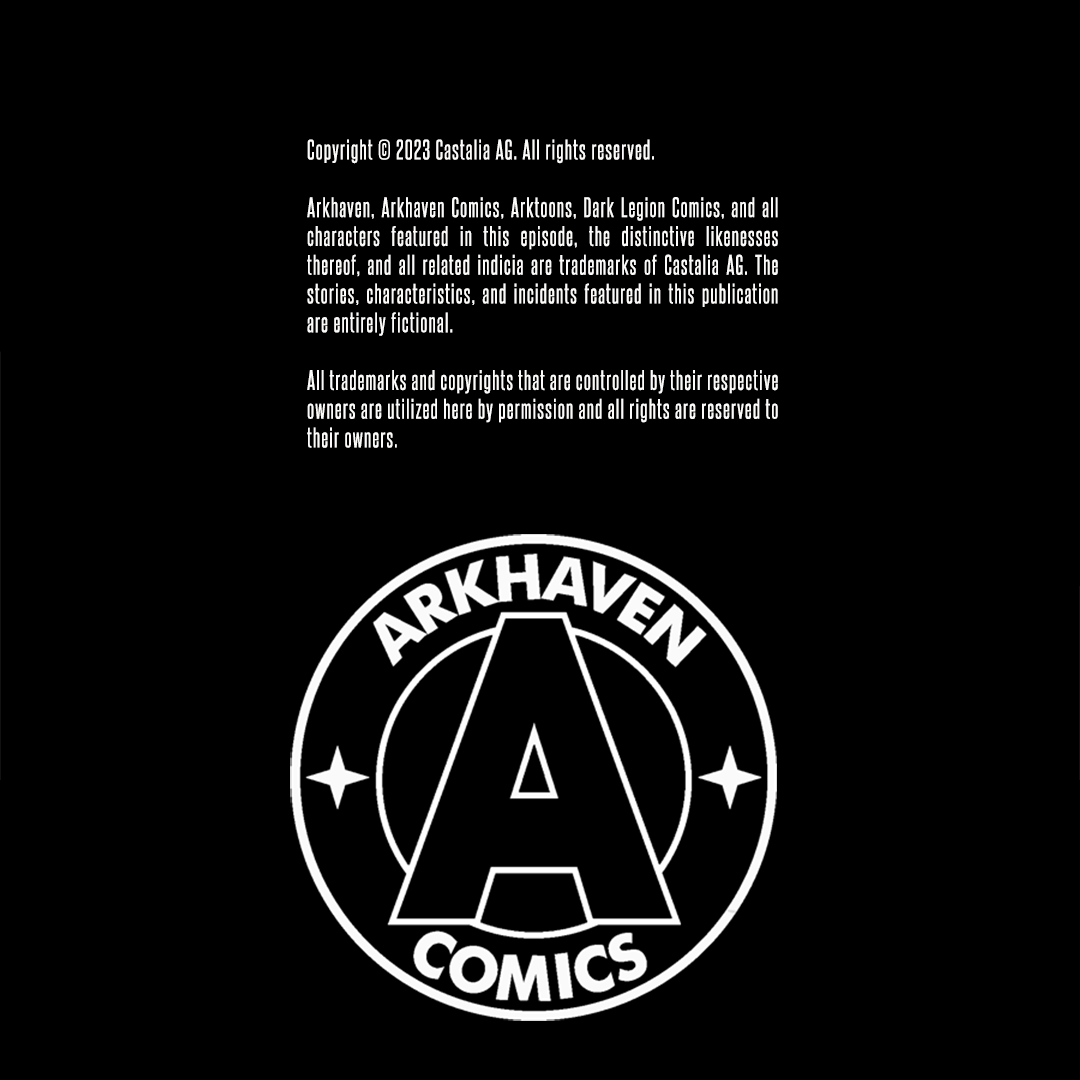
Episode 8
The Impossible Thought
For a moment, Phaethon was silent, caught in a spell of wonder. He should have been repelled, but he was not. It all sounded as splendid and strange as anything one of his wife’s deep-dreamscape dramas might portray.
The Neptunian was speaking: “Even now, I have called my surface-toorbit pinnace down from Cernous Roc, my vessel. A partial-vacuum generator is among the capabilities in my base layer which grants me flight, and my subsurface fluids can sustain your life cycles in suspension till the midair rendezvous is accomplished. Retrieve your true body from its crypt—I assume it is nearby, for the material housings of Rhadamanth Mansion are not far away. Wake, come here, then step within the circle of my arms; put your face into the surface substance of my body; it will part before you and flow around you, bonding cell with cell, to encase you in a protective vacuole.”
Phaethon spoke softly: “But … but … I would need several years, at least, to set my affairs in order, and to create and educate a partial-duplicate of me to see to my duties in my absence. In any case I could not leave the festival before the Final Transcendence in December.”
“No. You must come without any delay whatsoever. If you send a message, or even a signal, the labyrinth may close again, and, this time, any loose stones be bricked over!”
Leave immediately? Phaethon imagined his wife, giddy on imagination amplifiers, emerging from her pseudomnesia womb, eagerly seeking him out to talk about her dream-victories, all her newly made computer-generated friends and wonders.
But he would not be there. Impatient, then angry, then frantic, she would seek among the images on the promenade, or in the feast-cities, ballrooms, or game halls, seeing a thousand costumes, all in masks. The location channel was disenabled during masquerade. It would be eight months or more before her fears could be confirmed. Till then, she would not know if he was no longer in this world rather than merely hiding or ignoring her.
The thought sobered him. He laughed. “I’m quite sorry, my dear sir, but you must realize what a ridiculous offer you are extending—”
And he stopped. Because it was beyond ridiculous. Go to Neptune?
Neptune was the farthest outpost of civilization, and, with two notable exceptions, the farthest any colony of humanity had ever reached: The actual last outpost of the Golden Oecumene was at 500 AUs, at the focal point of the gravity lens created by Sol. Here, elements of the Porphyrogen Composition mass-mind had created an artificial ice planet for themselves, and for the other visitors and staff of the Cosmic Observatory Effort. Beyond that, the nearer stars were barren of life. But at Cygnus XI, a small colony founded to study the effects of the singularity there had discovered a source of infinite energy, and, with that wealth, had expanded to a mighty civilization. Yet the distance was so far, the costs of travel so very great, that all communication with that society was lost; for that reason, it was known as the Silent Oecumene.
Neptune was unthinkably closer even than the nearest star, and yet was still unthinkably remote. Even ships with fairly high fuel-mass-to-payload ratios required very long times to make the journey, months, sometimes years.
Ridiculous? The thought was impossible.























